Our connection with nature is deep-rooted
Happily, there seems to be a growing awareness on the importance of our mental health and wellbeing. I’m not in the least surprised that our modern lives can be pretty stressful. Compare what we do today with our lifestyle a few thousand years ago. We lived in natural environments, working in small communities in practical ways supporting each other with food, clothing, entertainment and shelter. In evolutionary timescales, that lifestyle was the equivalent of only a few hours ago. No wonder the lifestyle of today is something of a culture-shock;- living in big concrete cities, whizzing about in motorised metal boxes; staring at electronic devices; communicating in text; seeing the best of everyone else’s lives through social media; solitude and isolation from small supportive communities and the natural environment. If all that’s changed in the past few hours of our evolution, there’s little wonder it’s having an impact on our state of mind and bodies.
Nature immersion
We are hard-wired to appreciate the natural world in the same way as we are hard-wired to stare into a camp-fire. There’s growing evidence from all sorts of quarters that’s actually quantifying what we all know deep down – nature is good for us. Studies in hospitals have shown that people with a window overlooking a natural space tolerate pain better and heal sooner. When people are asked to close their eyes and think of a stress relieving place, the vast majority will think of a natural environment. Two of our basic states of being are “fight or flight” and “rest and recuperation”. In the modern world with pressures, deadlines and expectations of keeping up with the Jones’s we spend far too much time in fight or flight mode without giving ourselves that time and space for rest and recuperation. I love a quote I saw on Twitter.
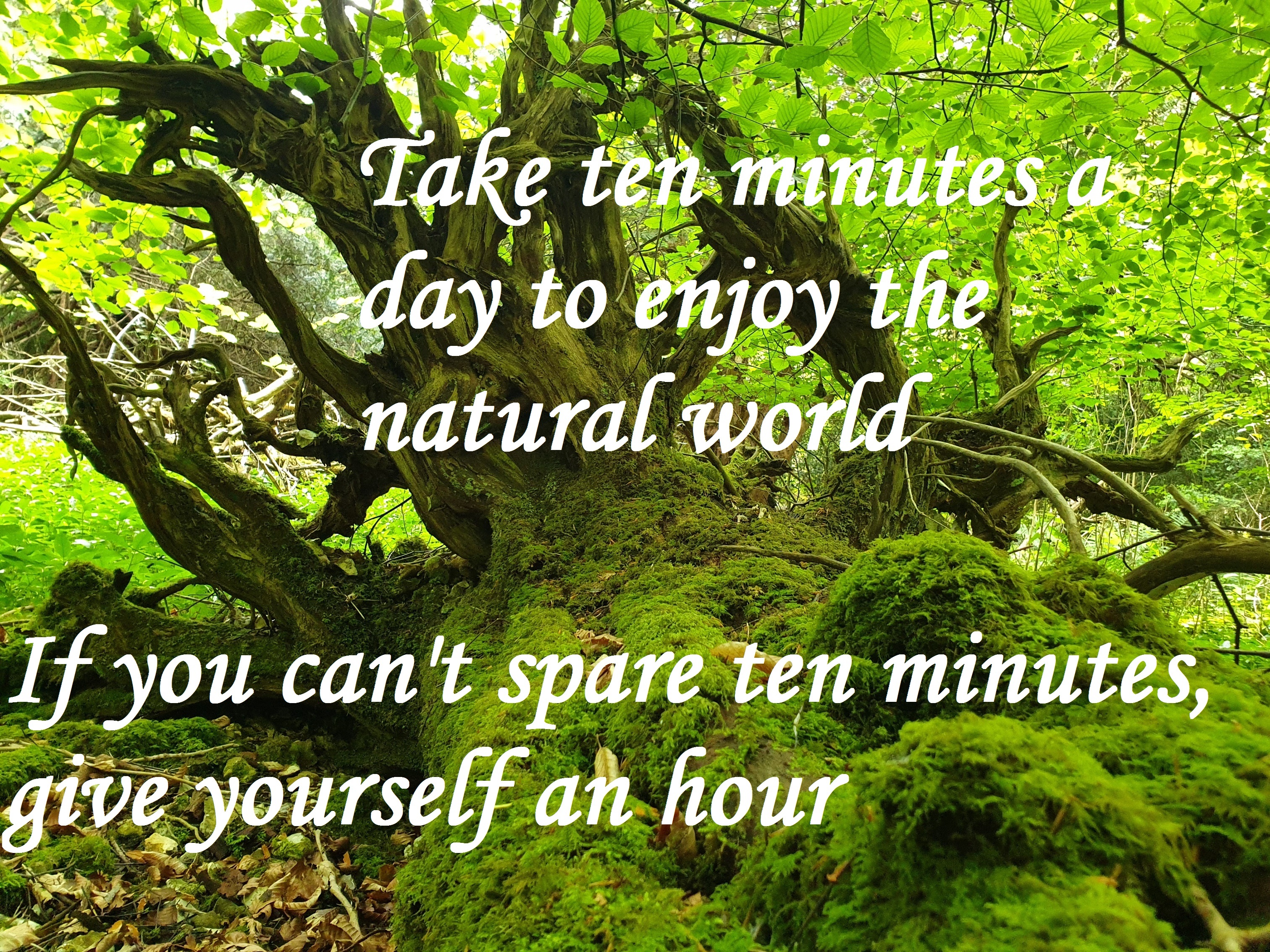
Consider having a go at new activates in the countryside. Forest bathing is becoming very popular as are holistic therapies in natural environments. Far better to give nature a chance before we reach for the medical cocktails of uppers and downers.
Active involvement in the natural world
It’s undoubtedly beneficial to immerse ourselves in nature but the wellbeing benefits are taken to a whole new level if we can positively engage in our natural surroundings. Building a longer term relationship with a piece of land gives us an insight into seasonal changes and resets our rhythm of life. I was astounded when a friend once asked when apples are ready, but having thought about it, why would he know that kind of thing having been largely divorced from nature all his working life? If you have regular access to a piece of land/garden, and an opportunity to improve it for nature you will know when the birds are nesting, when the flowers are growing, where to find interesting wildlife and when the forgeable foods are good for eating. This deeper understanding and appreciation is good for our mind, spirit and sole.
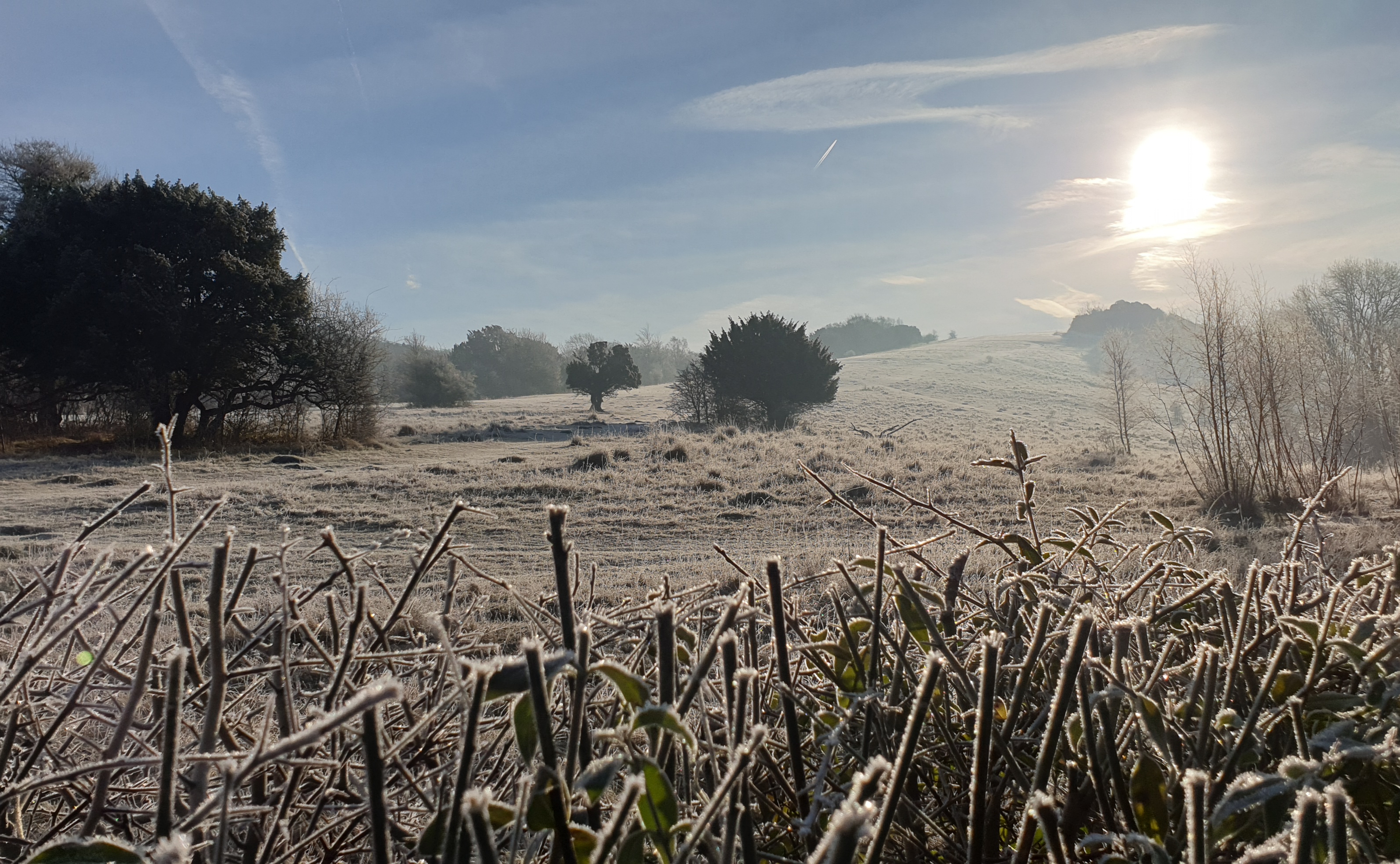
When did we lose our connection with nature?
Once you’ve been bitten by the metaphorical nature bug, (and perhaps the odd real one), the wonder never ends. There’s always a something amazing to catch your eye, whether it’s the flash of a bright dragonfly, songbirds singing, frogs spawning or the vibrant colours of a butterfly. Sir David Attenborough was once asked when he became so interested in nature. He replied that he had always been interested in nature, as are most children. He went on to wonder how on earth people lose that fascination.
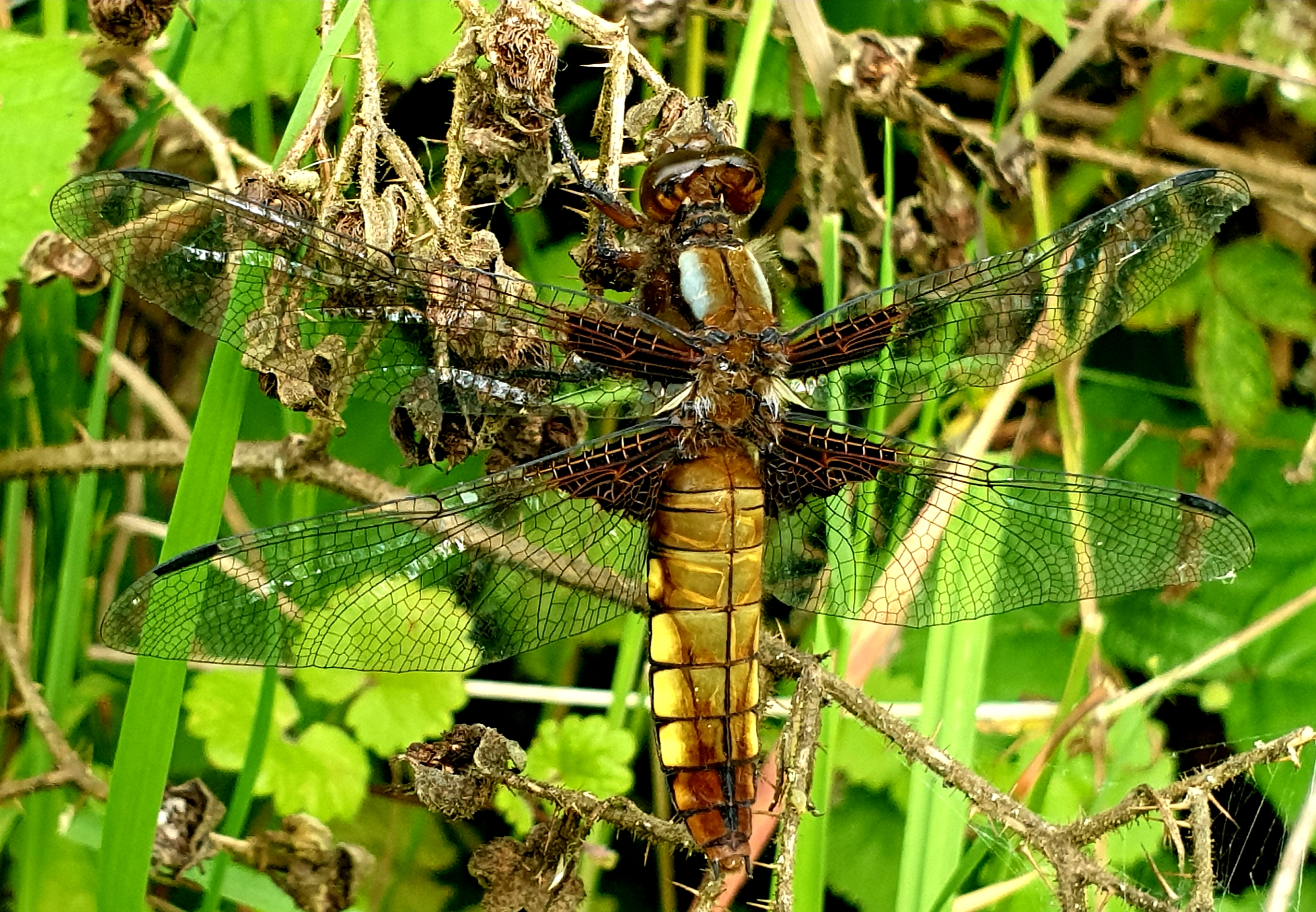
Broad Bodied Chaser dragonfly
I guess busy lives take over, but being busy is all about prioritisation. What could be a bigger priority than your health? If you have a garden, make it a wildlife friendly garden. And the tech doesn’t have to be your enemy as it can bring you closer to nature and inspire the next generation to care about it. I’ve installed bird nest cameras and put out trail cameras. I’ve captured amazing footage of wildlife in my garden and shared quite a bit of it on social media hoping to inspire others to do likewise.
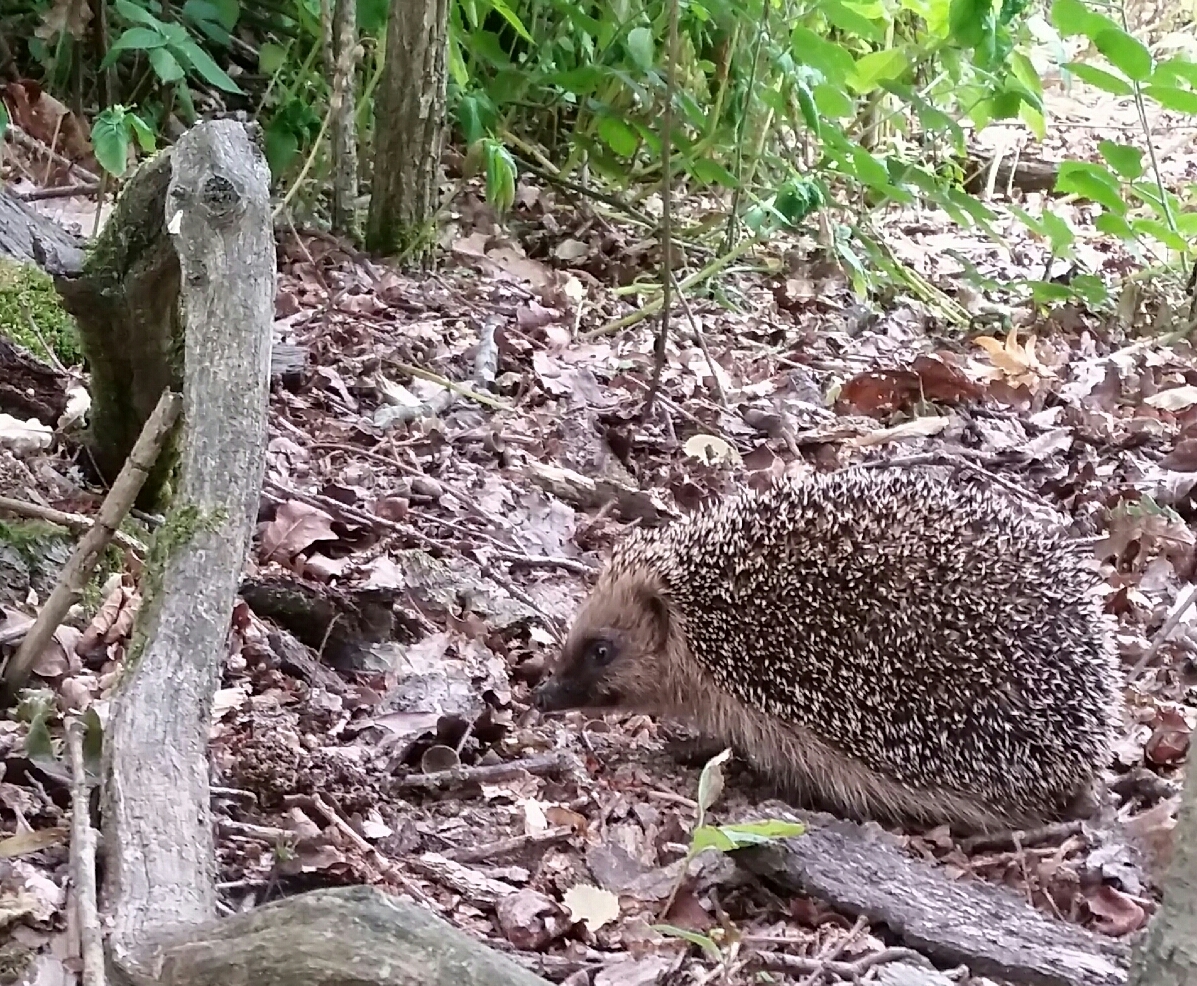
Hedgehog captured on trailcam
If you don’t have a garden, consider volunteering for a conservation organisation like a Wildlife Trust, RSPB or the National Trust. Connect yourself to a piece of land and help improve the habitat for nature. Learn about the ecosystem and enjoy the positive effects your work has for wildlife. Being a countryside volunteer also adds a great social element, working alongside similar minded people. And…..there’s usually cake!!
Don’t let your life be filled with worries
Upon his retirement as a countryside ranger, a good friend of mine quoted this poem by William Henry Davies;
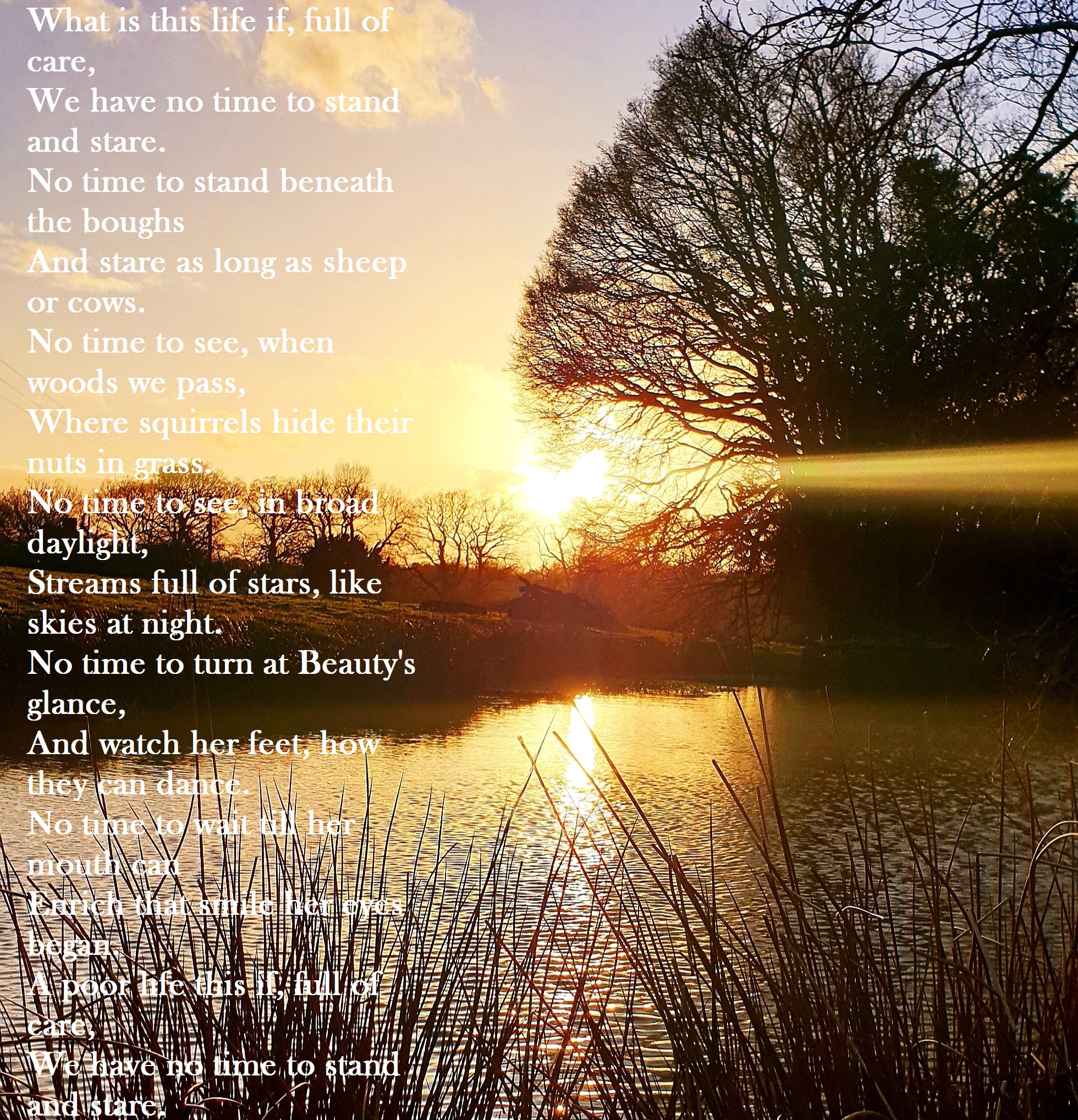
Treat yourself to some time to stop and stare. Time could be a limited commodity. Enjoy it.
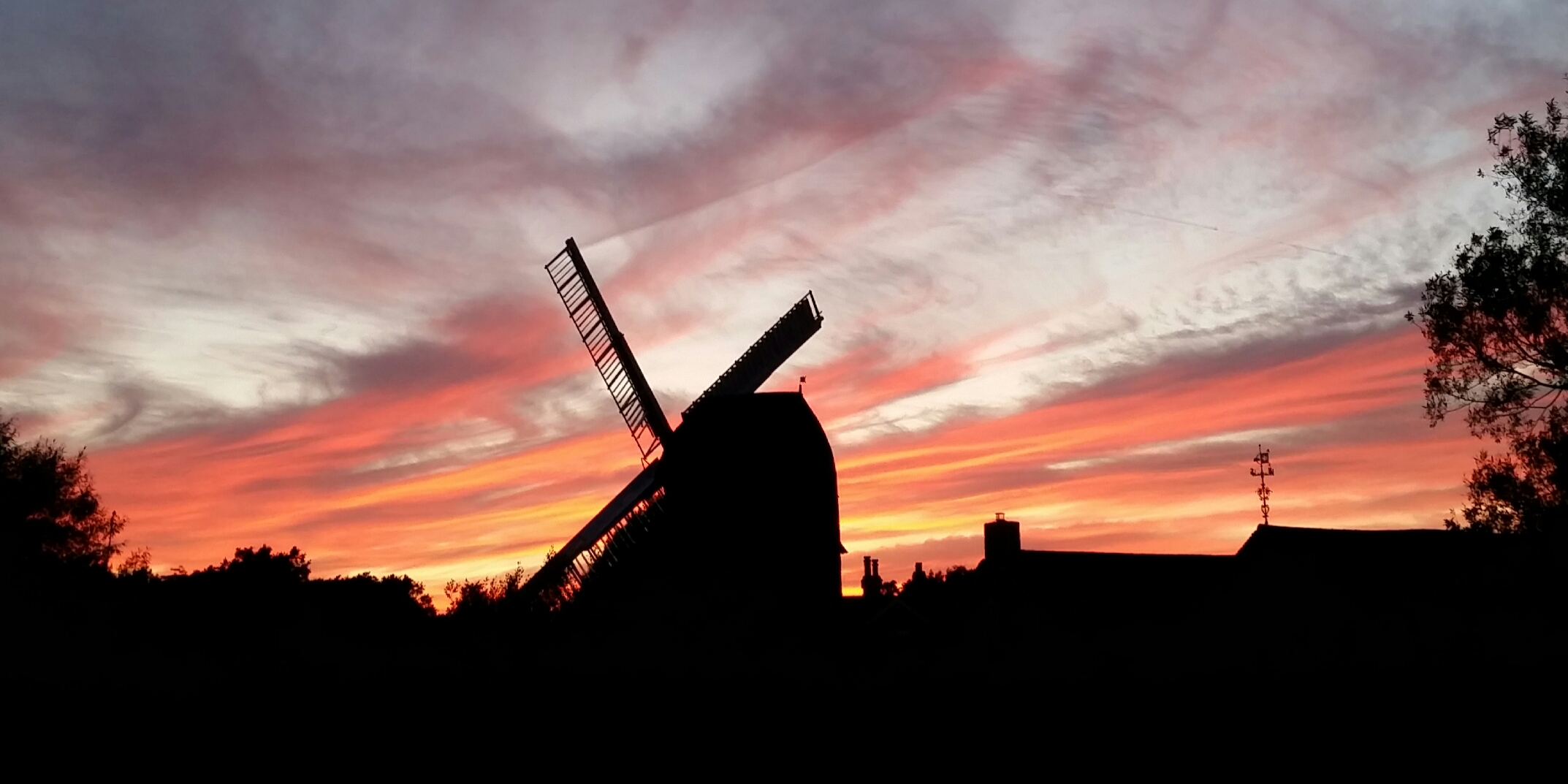
Outwood Windmill
1 comments on Wellbeing and the Natural World
This post beautifully captures the essence of going beyond simply enjoying nature to actively engaging with it. The idea of building a long-term connection with a specific place resonates deeply. It creates a deeper understanding of the natural world’s rhythms and fosters a sense of wonder, like knowing exactly when those delicious apples are ripe! This active involvement promotes a mindfulness of the wildlife around us, the changing seasons, and the bounty nature offers. The positive impact on our mental and emotional well-being is undeniable.